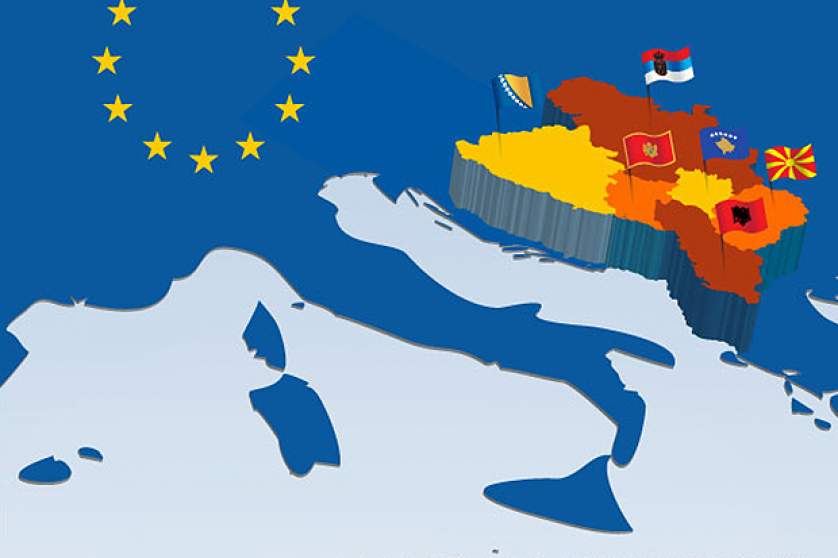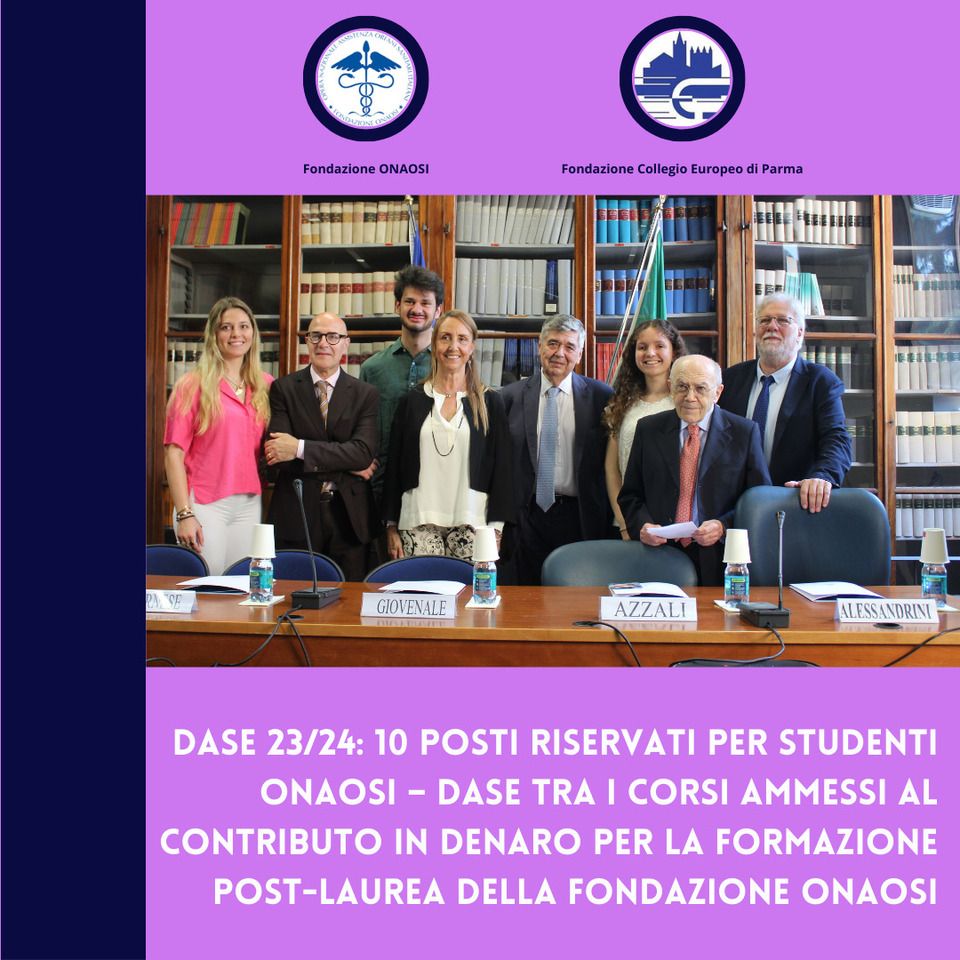By Marzo Ziliotti
On March 6, twenty-six EU heads of state and the EU government, overcoming (finally!) the unanimity rule, approved the plan called ReArm Europe. Divided in five points, it establishes a common European financial instrument, which will provide 150 billion euros to member states for defense investment; it introduces a derogation (escape clause) to the parameters of the Stability and Growth Pact, which opens fiscal space to individual states for defense spending of an additional 650 billion euros; and it promotes the mobilization of private capital, through the European Investment Bank, in order to stimulate large European savings for the financing of domestic defense firms.
Thus, an 800 billion euro package of public resources alone, in addition to private resources, which, on the one hand, (with the 650 billion euro waiver effectively) sends the constraints of the newly created Stability and Growth Pact into the attic; and on the other hand, (with the 150 billion euro European fund) takes the first step toward the establishment of a true common defense system, necessarily financed by common resources.
The project, by its scale and especially by the nature of its objectives, can clearly be called historic in scope. But it is equally evident that “ReArm,” moreover “at home,” is a word that should arouse no one’s enthusiasm. Well understandable, then, that the initiative has provoked heated debate, not only in the halls of professional politics, but also among the public and in the very consciences of citizens. This is positive, wanting strongly to continue to believe that free dialectical confrontation between ideas is the most precious value of our liberal democracies.
But, at such an objectively complex hairpin turn in History, it is essential to be clear about some crucial contextual elements. The first fact is the very rapid and relevant increase in geopolitical risks for European countries. Mind you: this is not to evoke scenarios with the Cossack cavalry in St. Peter’s Square; but the disturbing crescendo of the use of force against Europe by Putin’s Russia is undeniable: the outright military violence, mobilizing all available human and economic resources, in Ukraine. But also violence in the insidious form of hybrid warfare: continuous cyber-attacks, increasingly aggressive and widespread, on the computer systems mainly of public entities; increasingly pervasive interference in public opinion, especially at election time, with massive and scientific dissemination of fake news and through support – more or less covered – for openly anti-European, when not explicitly pro-Russian, political formations and parties. Restoring historic Russian influence with a perimeter similar to that of the U.S.S.R. days is a stated goal; and it is certainly not comforting that, as Kremlin spokesman Dimitry Peskov stated a few days ago, “the new U.S. administration’s vision regarding foreign policy configurations largely coincides with our vision.”
Second point: the above poses an urgent problem of deterrence. Urgent: it would certainly be better to start first with the establishment of a single European defense system and only then proceed to rearmament. But there is no time. Making the Euro took at least ten years (from the European Monetary System crisis to January 1, 2002, when the single currency began to physically circulate). The European Army needs a long process of construction, which is inextricably linked to the building of a common political house. Deterrence, which does not at all mean a bellicose will, but, exactly the opposite, i.e. the strengthening of negotiating power. This is the only way to make realistic – and not just a vacuous invocation – the prospect of diplomatic solutions on the most lasting and least unfair basis possible.
The third aspect, perhaps the most delicate one: the oft-cited alternative claim of spending on butter instead of guns. Who, a priori, would not prefer government spending to favor schools and hospitals over military purposes? But, put in decontextualized terms, the question once again risks being dangerously – or, worse, guiltily – misleading. First, it should be remembered, because spending on defensive systems nowadays does not so much consist of bombs and guns, but predominantly of research and development of advanced technologies (cybersecurity, intelligence), with proven positive externalities in terms of innovations that can be widely used in the civilian sphere (think, just to cite two possible examples, of drones and cybersecurity systems). Not only that, but the substantial amount (800 billion euros) of resources mobilized can enable massive reconversion operations of industrial sectors in crisis (automotive, for example), generating employment support and multiplicative economic effects (in the past, multipliers of military spending -especially when directed to innovative technologies – have been calculated as high as 1.5: spending 1 euro generates an increase in GDP of 1.5 euros, i.e., it creates an income that exceeds the self-financing of the spending itself by 50 percent).
But even before the claim – unsightly as much as you like, but true – that investment in defense systems can be an effective driver of employment and economic growth, the dreaded conflict between military spending and social welfare starts from a basic misunderstanding. Security – guaranteed precisely by defense systems – is an indispensable prerequisite with respect to every other constituent element of collective welfare. Any right (to education, to health, to work) necessarily rests on the subsistence of the most fundamental right there is: the security of the physical integrity of the person and his property (material and immaterial).
Therefore, just as we are all fully aware that, in order to guarantee this right to security with respect to “internal” dangers, it is indispensable to allocate adequate resources for the funding of the appropriate law enforcement agencies (Police, Carabinieri, etc.), it is necessary to regain an equal awareness – clouded for a long time by the illusion of an eternal and gratuitous American umbrella – that the armed forces (Army, Air Force, Navy) are likewise indispensable to protect exactly the same right with respect to “external” risks.
To those who invoke the ideal of a “neutral Europe,” it would be salutary to remind them that the neutral country par excellence, Switzerland, has based its vocation for neutrality (in addition to a geographic location that has never interested anyone and a banking secrecy that has suited everyone) on an ancient warrior skill – not coincidentally, the popes for more than five hundred years have chosen the Swiss Guards to defend the Vatican – and on a universal conscription obligation in which, after one’s first service under arms, for ten years one is required to return to the barracks for periodic repetition courses.
Adequate defense capability represents the insurance policy placed to guarantee peace, a supremely valuable commodity; and, as is the case with all insurance, one pays the premium precisely with the intention of never having to use it.
Published on Gazzetta di Parma on march, 11th 2025
Automatic translation edited by Edward Lynch




